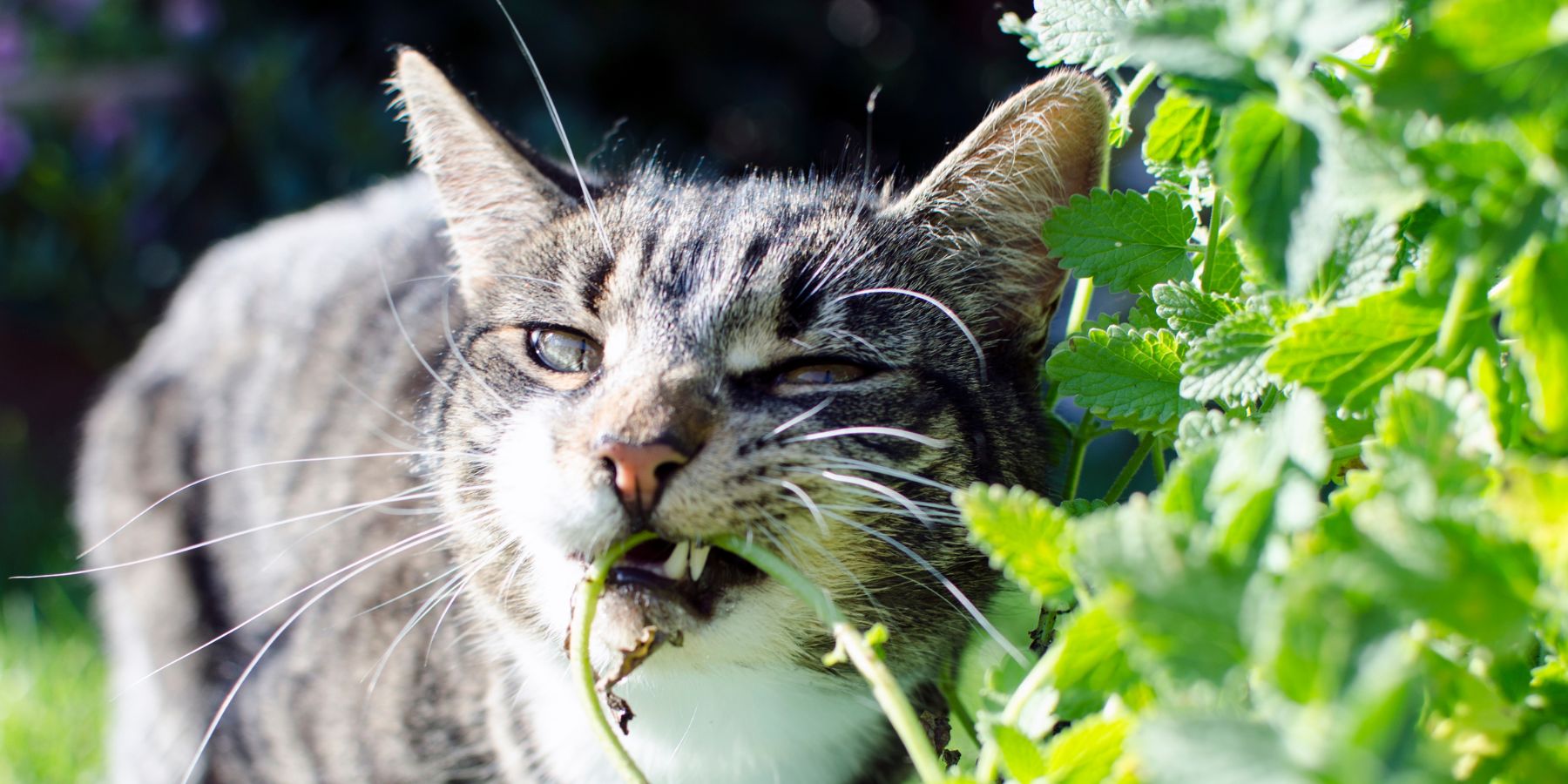Cats are known for their curious nature. They explore their surroundings, play with various objects, and sometimes even nibble on plants. It's not uncommon for cat owners to wonder if cats are naturally drawn to plants and why they engage in this behavior. In this article, we'll delve into the fascinating world of cats and plants, exploring the reasons behind this attraction and providing insights into how to prevent cats from eating plants.
The Curious Case of Cats and Plants
Why Are Cats Attracted to Plants?
Cats have a well-developed sense of curiosity, and they love to investigate new things in their environment. Plants, with their intriguing textures, shapes, and scents, can be a source of fascination for cats. They are naturally inclined to explore their surroundings, and potted plants can be a part of their exploration.
Is It Normal Behavior?
Yes, it's entirely normal for cats to show interest in plants. However, it's essential to distinguish between harmless curiosity and potentially harmful behavior, such as chewing or ingesting plants. While the former is a typical feline trait, the latter can pose risks to your cat's health.
The Attraction to Grass
One common plant that many cats are drawn to is grass. Cats are obligate carnivores, which means their diet primarily consists of meat. However, they may seek out grass as a source of fiber and to help with digestion. Some experts believe that grass can also help cats eliminate indigestible material from their stomachs through vomiting.
Potential Dangers of Cats Eating Plants
While cats' curiosity about plants is natural, it's crucial to be aware of the potential dangers associated with this behavior. Some plants can be toxic to cats and may lead to various health issues if ingested. Common signs of plant toxicity in cats include vomiting, diarrhea, lethargy, and even more severe symptoms.
How to Stop Cats from Eating Plants
If you're concerned about your cat's plant-chewing habit, here are some effective ways to discourage this behavior:
1. Provide Safe Alternatives: Offer cat grass or catnip, which are safe and enjoyable plants for cats to chew on. Having these alternatives readily available can redirect their attention away from your houseplants.
2. Use Deterrents: Consider using pet-friendly deterrents, such as bitter apple spray, on your plants. These sprays have an unpleasant taste that can discourage cats from nibbling on the leaves.
3. Keep Toxic Plants Out of Reach: Identify and remove toxic plants from your home or place them in areas that are inaccessible to your cat. Be aware of the types of plants that can be harmful to cats.
4. Supervise Outdoor Time: If your cat spends time outdoors, supervise their activities to ensure they don't munch on potentially harmful plants in your garden.
5. Train and Redirect: Use positive reinforcement training to teach your cat not to chew on plants. When they avoid the plants and focus on their safe alternatives, reward them with treats or affection.
6. Consult Your Vet: If your cat continues to show a strong interest in plants despite your efforts, consult your veterinarian. They can provide guidance and rule out any underlying health issues.
FAQs (Frequently Asked Questions)
Q1: Are all plants toxic to cats?
No, not all plants are toxic to cats. However, many common houseplants can be harmful if ingested. It's essential to research and identify the plants you have in your home to ensure they are safe for your feline friend.
Q2: Can I use household items like vinegar to deter my cat from plants?
While some cat owners use household items like vinegar as a deterrent, it's crucial to choose pet-safe products. Bitter apple spray and pet-friendly commercial deterrents are safer options.
Q3: Are there any health benefits to cats eating plants?
In moderation, some plants like cat grass can offer digestive benefits to cats. However, it's essential to provide safe alternatives and monitor your cat's plant consumption to prevent overindulgence.
Q4: Is it normal for my cat to vomit after eating plants?
Occasional vomiting after eating plants, especially grass, can be normal for cats. It may help them eliminate indigestible material. However, frequent or severe vomiting should be addressed by a veterinarian.
Q5: How can I tell if my cat has ingested a toxic plant?
Common signs of plant toxicity in cats include vomiting, diarrhea, drooling, lethargy, and difficulty breathing. If you suspect your cat has ingested a toxic plant, seek immediate veterinary care.
Q6: Can indoor cats also be attracted to plants?
Yes, indoor cats can be drawn to houseplants. They may explore potted plants as part of their indoor environment, so it's essential to take precautions and provide safe alternatives.
In conclusion, cats' attraction to plants is a blend of their natural curiosity and, in some cases, their dietary instincts. While it's normal for cats to explore plants, cat owners must be aware of potential dangers and take steps to ensure their feline companions' safety. By providing safe alternatives and implementing deterrents, you can strike a balance between allowing your cat's natural behaviors and protecting their well-being.


